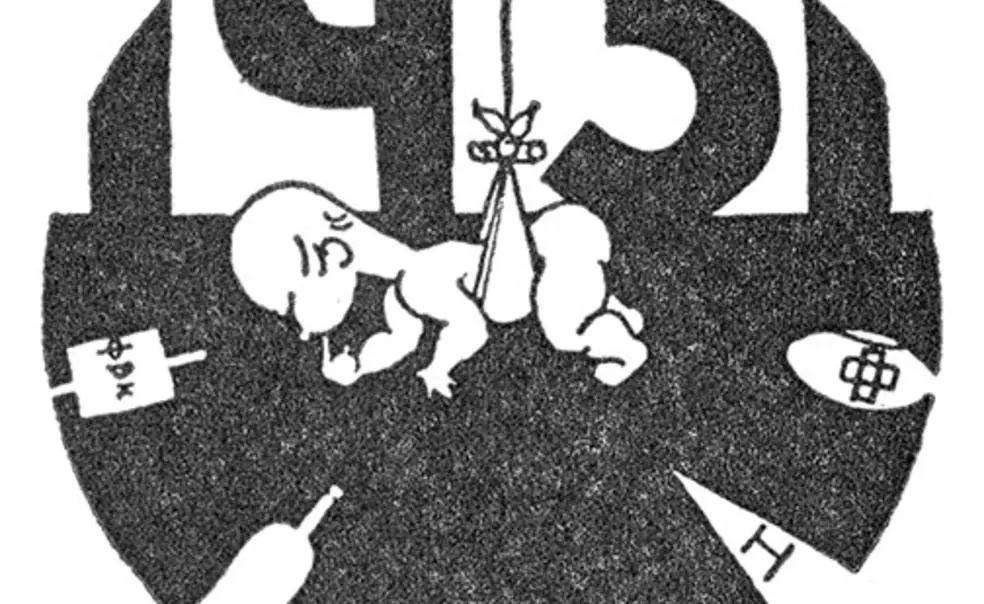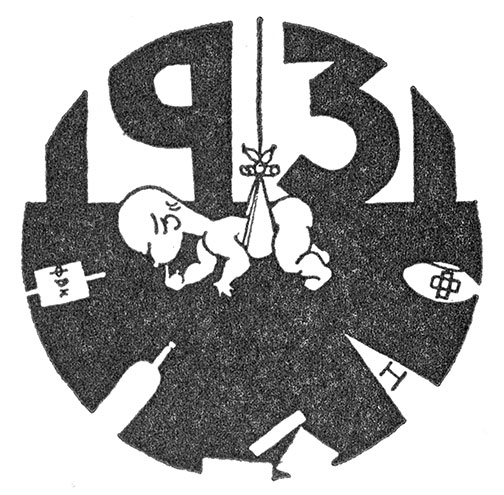From the Editor: Loss and Celebration
Some readers will see this issue of PAW as a compilation of loss. While that may be true, it also is an issue of celebration.
This is PAW’s second February tribute to alumni who have died in the prior year. It is intended to coincide with the annual Service of Remembrance, a beautiful and affecting service held each Alumni Day in the University Chapel. As we noted in our inaugural tribute last year, the alumni featured are not necessarily those who were well known or made extraordinary contributions to public life, though some were and did. Instead, in the essays beginning on page 22, PAW writers focused on ways of thinking and acting that set these alumni apart in large or small ways.
Another PAW tradition is to mark the passing of a class from our Class Notes section after the death of its last known surviving member. For the first time in 82 years, Class Notes omits the Class of 1931, whose last surviving member — lawyer, diplomat, and foreign-policy adviser — Robert R. Bowie, died Nov. 2 at 104. In recent years, the class column has been written by Francine Reed w’31.
In the class history in The Nassau Herald, Davis Reade Post ’31 claimed that the 616 classmates were “not quite as green” as previous freshmen, saying that they beat back upperclass pranks, commands, and “clothing inspections.” As juniors, the young men were rebellious; others might use a different term. Post recalled the “wild overflow of excited young men into Nassau Street following the Cane Spree” — resulting in a riot with open fire hydrants, blocked traffic, and stones thrown through Borough Hall windows. A year later, after a football rally, students rocked an intercity bus on Nassau Street and tore down the Christian Student statue. Offenders were suspended, some for almost a year.
Still, Post wrote shortly before graduation, members of ’31 looked back at their time on campus with pride: “We have had an exceptionally high scholastic record, we have upheld the Honor System, we have infused the extracurriculum with a wide assortment of talented young men, we have produced some good athletes, and in spite of occasional lapses, we know what it means to be a Princeton gentleman.”
To the gentlemen of ’31, and to others we remember in this issue, farewell.











No responses yet